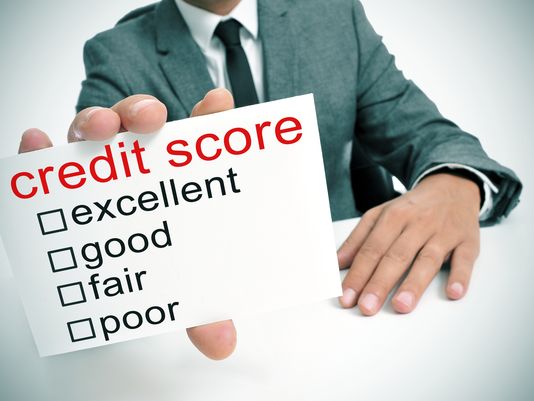 Divorce can wreak havoc on your credit score. Confusion or disagreement about who is paying what bills and who is using which credit cards is typically the culprit. Late pays, no pays, and insufficient funds can quickly cause the very best consumer credit scores to plummet, but it doesn’t have to be that way.
Divorce can wreak havoc on your credit score. Confusion or disagreement about who is paying what bills and who is using which credit cards is typically the culprit. Late pays, no pays, and insufficient funds can quickly cause the very best consumer credit scores to plummet, but it doesn’t have to be that way.
By proactively taking just a few simple steps, individuals who are starting over can ensure that they are doing everything possible to start over with their good credit intact.
Following is an example of a proactive action plan that will help you protect your credit during and after a divorce:
STEP 1: GETTING A CLEAR PICTURE
- Get copies of your credit reports: Request copies of your credit report from each of the 3 major credit bureaus, Equifax, Experian and Trans Union so you will have full disclosure of your situation.
- Get all of your information into one place: Make a list of all OPEN accounts and accounts with balances. Then create a spreadsheet with columns for the following information:
- Creditor Name
- Creditor Contact Number (if it’s not listed on the credit report, you can find the customer service number on the back of your statement, or you can always search for it on the internet. Where there’s a will, there’s a way.)
- Account Number (sometimes credit reports do not list the full account number, so you may have to dig up some paperwork, but it will be well worth it.)
- Type of Account (i.e. auto loan, mortgage, credit card)
- Current status of the account (i.e. current, past due, collection, etc.)
- Total amount due
- Monthly Payment Amount
- Vesting of Account (i.e. Joint/Individual/Authorized Signer)
STEP 2: ACTING ON THE INFORMATION
Once you have assembled your information in one place, you can now begin to determine the best course of action for handling the accounts. There are two types of accounts you will be dealing with: secured and unsecured. Both are handled very differently during a divorce. Secured accounts are all accounts that have an asset attached to them, i.e. a mortgage or a car loan. Unsecured accounts are debts with no assets backing them, i.e. credit card accounts.
Though it may seem challenging at first, you’ll soon find that putting these recommendations into action is easily done once you get started. You’ll also put behind you a crucial first step toward moving on with your life!
FREE E-BOOK: Help for Divorcing Homeowners
We know divorce hurts, but we can help you through this part.
We’ve experienced the dilemmas of divorce and the tough decisions it forces us all to make.
Fortunately, we also know how to successfully sell homes.
We’ve taken our experiences and put together this free E-Book for divorcing homeowners.
It has information and helpful tips about dealing with one of life’s biggest assets during one of life’s hardest times.

